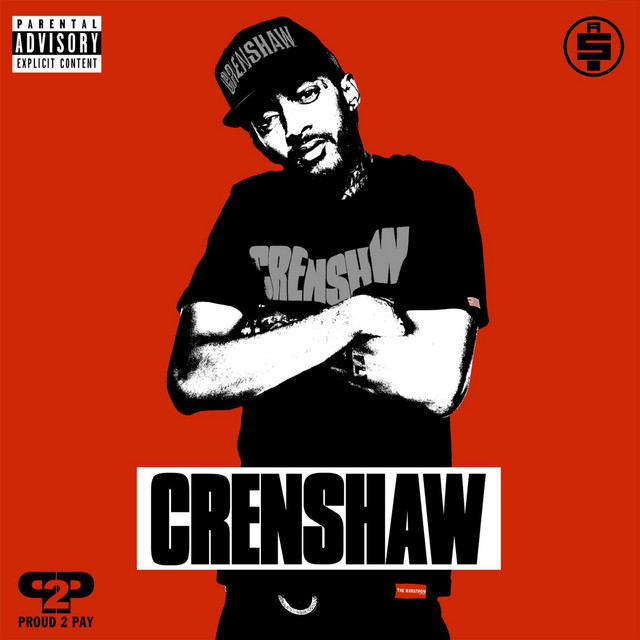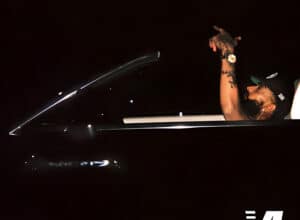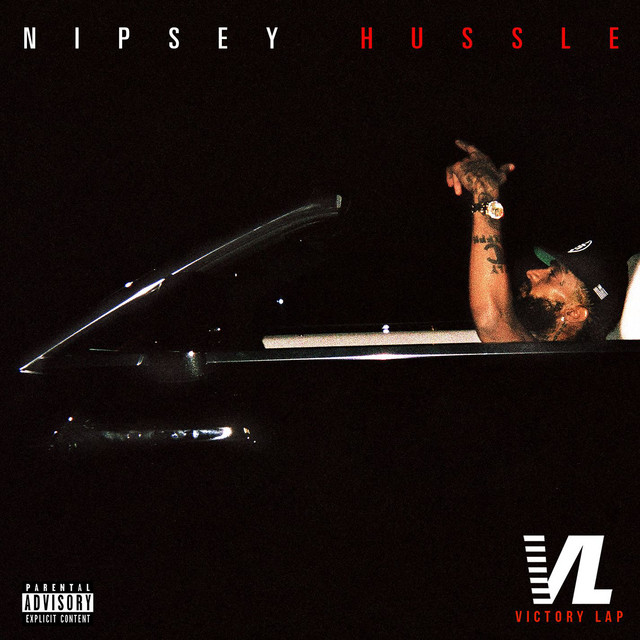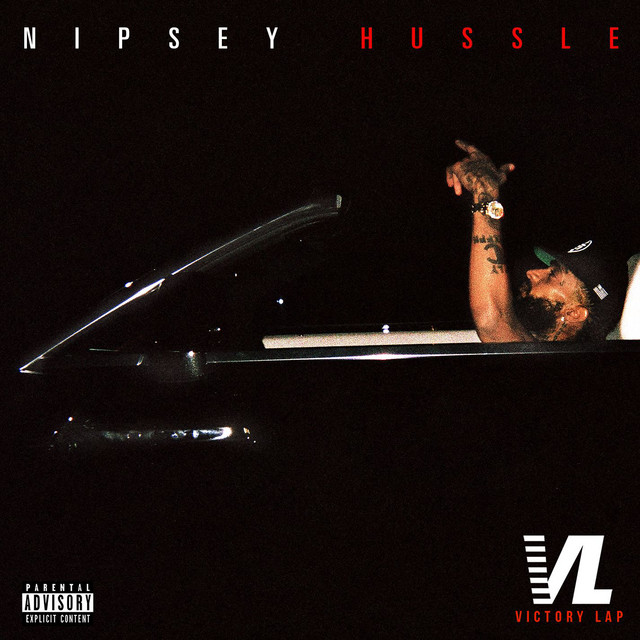Released: 2013
“Face the World” by Nipsey Hussle is a poignant narrative that captures the essence of struggle, perseverance, and the complex reality of growing up in an environment that offers limited choices. Hussle articulates the raw truths of his personal journey and by extension, the collective experience of those striving to rise above their circumstances. The song is a blend of vulnerability, caution, and a celebration of hustle that speaks volumes about life on the streets, embodying the spirit of resilience.
The song kicks off with an evocative visual of dreams fading away, symbolizing the harsh reality of life’s challenges and the end of innocence. “The summer’s gone, the breeze stops blowing” metaphorically represents the transition from ease to hardship, a common theme in stories of growth and survival. Nipsey’s lyrics are a reflection on personal responsibility and consequence: “You make your bed, you gon’ lay in it.” This line underscores the importance of making wise choices, as our actions have real-world repercussions. The mention of “Triple bunks in the state prison” and “Blue laces in my blue chucks” immediately draws us into the gritty realities of gang life and incarceration rates among African American communities.
In his verses, Nipsey doesn’t shy away from depicting his former life of selling drugs and gang affiliations, but it’s clear that his reflection serves a larger purpose. Phrases like “Rich Rapper On Some Crip Shit” and recounting his experiences on the streets aren’t glamorizations but rather acknowledgments of his roots and the complexities of navigating success while staying true to where you come from. His progression from a 19-year-old dealing with “two birds” (kilos of cocaine) to a successful artist is delineated through his struggles and achievements.
The heart of Hussle’s message lies in his critique of systemic racism and the judicial system. “Triple life with a gang enhancement, The judge triple white and he hate your blackness” is a powerful condemnation of how black individuals are disproportionately targeted and sentenced by the justice system. He exposes the cycle of hopelessness that entraps many, yet he simultaneously offers a gritty form of hope — urging those entangled in a life of crime to recognize their worth and potential contributions to society.
Amidst the tales of survival and the harshness of street life, Nipsey inserts a clarion call to value life and make meaningful choices. “Don’t cry tears, they don’t fly here” captures the stoicism required to endure and thrive in such environments, while advocating for building a legacy that transcends the immediate hardships. The reference to “Mac-10 in my black Benz” deals with violent tools of the trade with symbols of success, pointing towards the duality of achieving the American dream from the streets.
In the latter part of the song, Hussle inspires with a vision of victory beyond monetary success. He posits true victory as spending time wisely, getting one’s priorities in order, and above all, contributing positively to society. The song closes with a reflection on the potential everyone has to make a difference, challenging the listener to recognize their intrinsic value and ability to affect change, despite past mistakes or current circumstances.
“Face the World” is not only a mirror to Nipsey Hussle’s soul but also a manifesto for change and self-belief. Through his incisive lyrics, Nipsey navigates the complexities of life with authenticity, urging listeners to face their world with resilience and purpose. His message is clear: in the face of adversity, we all have something valuable to contribute.








